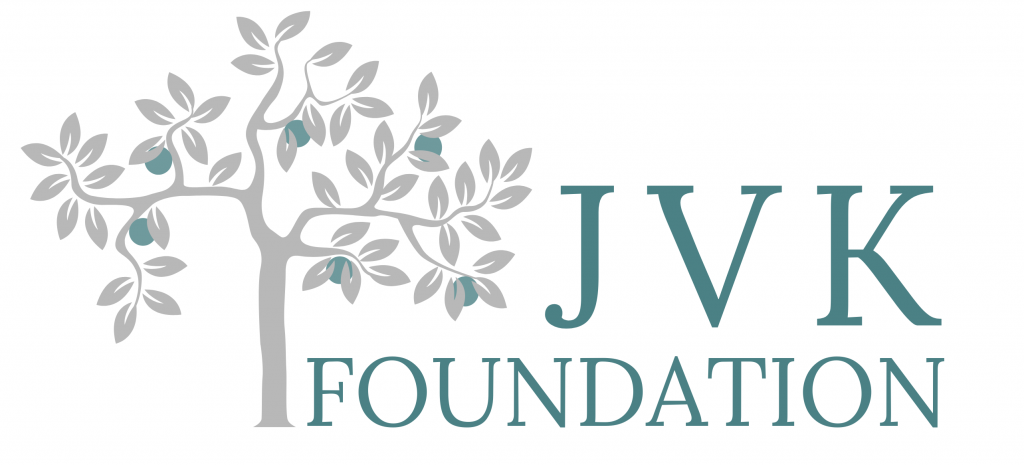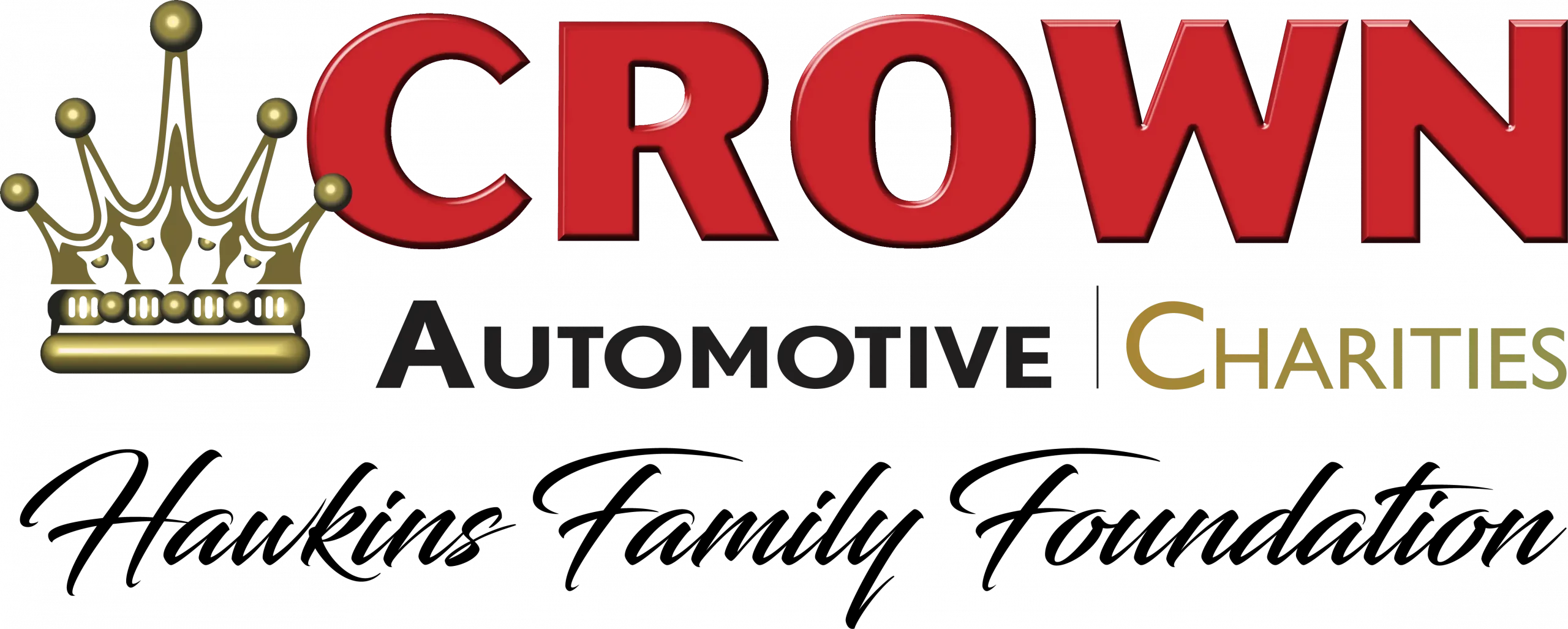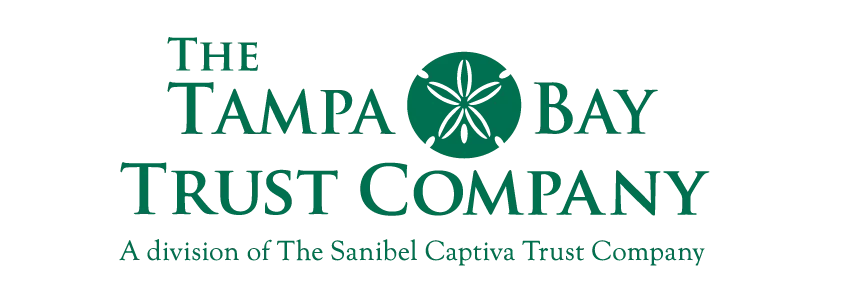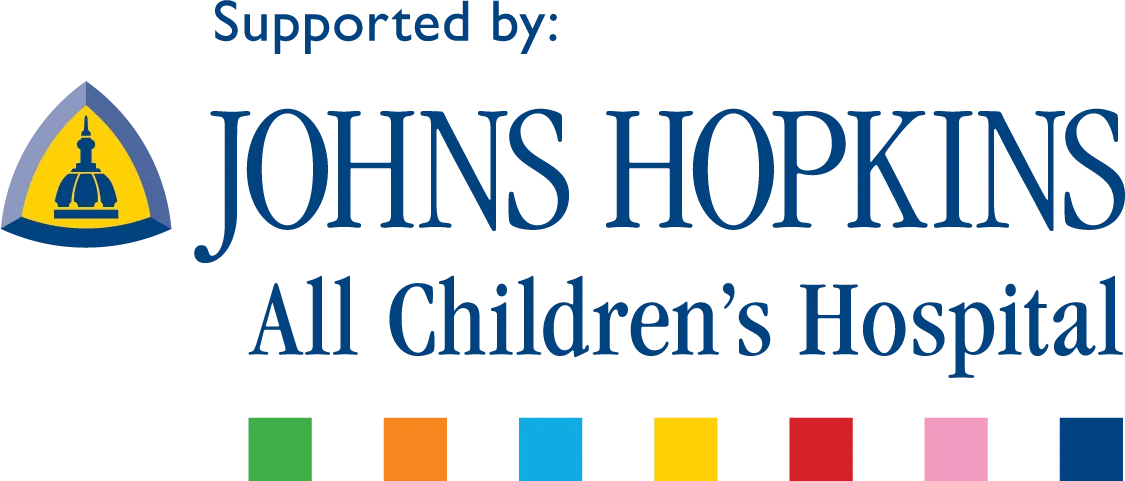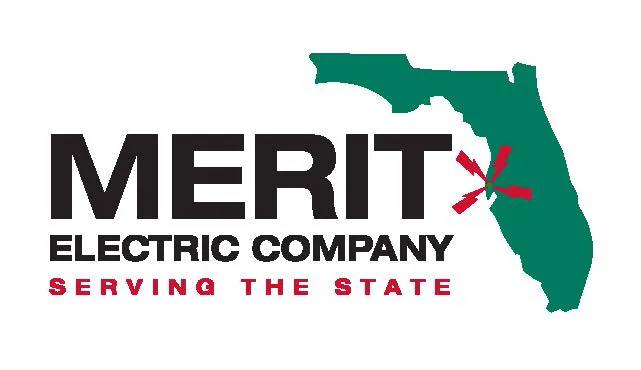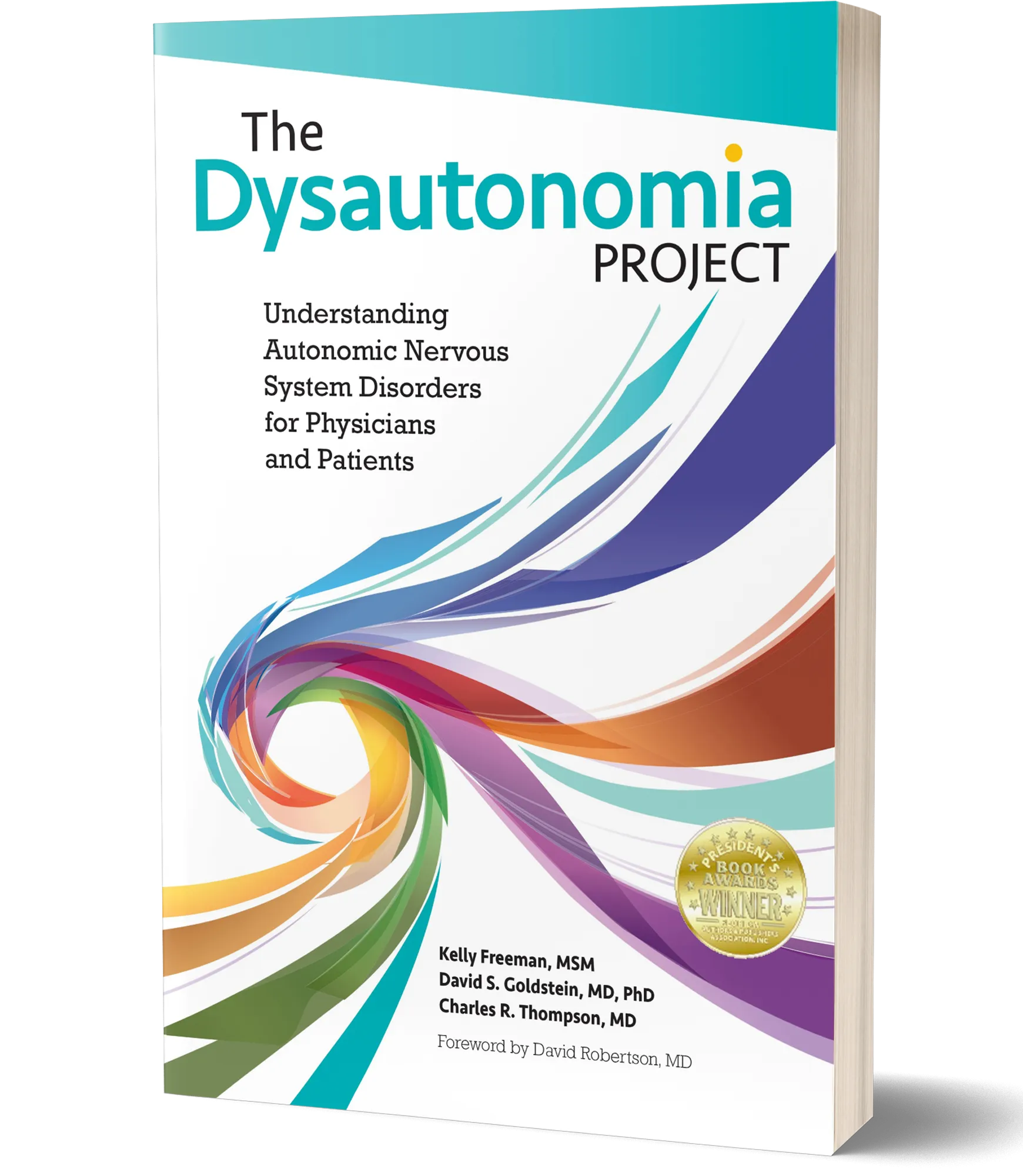Home » Dysautonomias » Pediatric Autonomic (Dys)regulation with Debra E. Weese-Mayer, MD
Pediatric Autonomic (Dys)regulation with Debra E. Weese-Mayer, MD
Dr. Weese-Mayer explains pediatric autonomic (dys)regulation- why she prefers the term, “dysregulation” for the pediatric patient and discusses the mindset needed for treating pediatric patients with these rare conditions.
Mr. Al Ruechel: Hi everybody, my name is Al Ruechel and thank you joining us for this segment we’re going to be talking about pediatric dysregulation, about what that means and how it affects pediatricians. Joining me right now is Doctor Debra Weese-Mayer, good to see you thank you for joining us.
Dr. Debra Weese-Mayer: Good to see you too.
Mr. Ruechel: Tell me a little about your background and what you’ve been working on in this field.
Dr. Weese-Mayer: Absolutely, so I’m a physician scientist at Ann and Robert H. Lurie Children’s Hospital of Chicago which is Northwestern Universities children’s hospital. I’m a pediatrician, and then a neonatologist, then a control of breathing expert who had the privilege of caring with kids with rare diseases that had autonomic dysregulation at their core, so branched off into developing the emerging discipline of pediatric autonomic medicine.
Mr. Ruechel: Wow, define dysregulation for me. What does that mean?
Dr. Weese-Mayer: So, dysregulation means different things to different people. The reason it has particular application to the autonomic nervous system is simplistically the autonomic nervous system is the system that functions automatically to sustain life, affecting virtually all organ systems to the body. So, it operates like a fine symphony, where everything is in perfect regulation. So, when you go to sleep your heart rate and breathing slow, when you exercise your heart rate and breathing increase, blood pressure changes, temperature regulation, all beautifully regulated. So, when that regulation is kicked off balance, we refer to it as dysregulation.
Mr. Ruechel: So, terms mean everything, so it’s autonomic dysregulation. What do you mean by dysregulation?
Dr. Weese-Mayer: So, dysregulation suggests there is regulation as the norm. So, dysregulation would be when for example when your heart rate variability isn’t as diverse as it might be. So that your heart rate would change properly when you exercise or when you go to sleep, or the dysregulation of your breathing in terms of how big your breaths are or how breath to breath variability, temperature regulation. So, since the autonomic nervous system depends upon the automatic variation in all of the systems that function automatically to keep you alive. So, dysregulation would suggest something is a little off balance or a lot off balance. But we all take it for granted so much that we as individuals may not even perceive it but a physician evaluating a child or a child who has symptoms that they just don’t feel good but when you start to probe deeper it can, and the reason for this whole experience and interview, is the autonomic nervous system is off balance.
Mr. Ruechel: And by saying not dysfunctional then you’re not putting a label on somebody that a child or a parent may not understand. Now, is it different for pediatrics than it is for other age groups, and how does this all fit into the field of pediatrics?
Dr. Weese-Mayer: Children don’t like to be considered dysfunctional; I don’t think anybody likes to be considered dysfunctional. So, let’s go back to your question, about where does pediatrics fit into all of this. So, adults and autonomic dysregulation go back some ways, but for pediatrics to be involved in the movement of autonomic dysregulation is a more new phenomenon. In our experience, by having the privilege of taking care of children with rare diseases caused actually by gene mutations in the early embryology of the autonomic nervous system, we needed objective measures to even quantitate what children were experiencing or the symptoms to make sense of them. So, at the beginning people thought we were crazy and as time went on since children are not just little big people, it became clear that there were unique situations in pediatrics that we had to more attune to. So, we like to say that pediatric autonomic medicine is an emerging discipline.
Mr. Ruechel: Now, are they’re forms of that, that are more desperate or that could end up being fatal, or that are more difficult to deal with right off the bat.
Dr. Weese-Mayer: So, I think you’re coming from the angle that very condition has a name and in pediatrics not all conditions have names. Even in adults autonomic medicine the vast majority of physicians are adult neurologists and unfortunately many of the conditions are degenerative. In pediatrics the autonomic dysregulation is not necessarily degenerative it actually can be congenital. So, that children are born with a condition, where in the case of congenital central hyperventilation syndrome, abbreviated with the acronym CCHS, those children have a gene mutation that occurs early in the embryology of the autonomic nervous system. So, systems that should be in place anatomically as well as functionally might either not be present or may not be functioning as automatically as they should. So, we tend to describe more the dysregulation rather than putting a label. And maybe another good example would be big data, it’s in the news all of the time. So, one of our key ambitions and many of our research projects are focusing on harnessing big data to identify a child’s autonomic signature so baby in the neonatal ICU or in the pediatric intensive care unit. We know what healthy looks like but to be able to use the big data to characterize cardiorespiratory coupling, like how we breathe relative to our heart rate, or how our heart rate beats relative to our blood pressure or temperature regulation. So, if we can characterize the child’s autonomic signature then we can look for changes in that to identify is the child’s health deteriorating or is the child responding to intervention, whether it’s pharmacologic intervention or any other possible kind of intervention.
Mr. Ruechel: So how many pediatricians know about this because seems like it’s fairly new, it’s complicated as all get out so how many pediatricians percentage wise do you think know about this? 20%? 30%? Maybe even less?
Dr. Weese-Mayer: A lot less I’m sure
Mr. Ruechel: Oh really, wow
Dr. Weese-Mayer: But it’s our responsibility to educate people and we are very grateful to have an NHIBL grant looking at preemies born under twenty-nine weeks gestation and in the neonatal ICU and looking at the maturation of the autonomic nervous system relative to control of breathing. So, that kind of visibility and their five sites who are funded on that project, that kind of visibility will help people be starting to think more diversely. Instead of thinking of the respiratory rate is X or the heart rate is Y, what’s the pattern that that child has had before they became more ill. And as they’re beginning to recover so that it has predictive value. So, one of my passions is helping people understand how we can utilize what we know about the autonomic nervous system to better understand health and ill health so that as we learn each child’s signature, we can get a better sense of if our therapies are working for them.
Mr. Ruechel: And again with, I don’t want to use the word dysautonomias because I know you don’t like that word, but when you have any kind of thing that involves so many of the systems at once I mean, as a doctor it must be really frustrating when you go oh there’s a problem with the breathing, there’s a problem with blood pressure, there’s a problem with blood work, there’s a problem with all of these other things. You have to look at things holistically and that’s not easy.
Dr. Weese-Mayer: So, that’s actually a really interesting point because, in the old days, like really old days like hundreds of years ago, as medicine was emerging or medicine as we kind of think of it, people used to think holistically. The medical caregivers thought about the whole person, then we got very fancy and sophisticated and then we had pulmonologists and cardiologists and GI experts and neurologists then everybody got very into their own silo so our mentality, at least in the program that I am in charge of is helping people think cross silo and thinking about how does one system impact another system because to think in silos won’t get you anywhere except for a very frustrated patient, and in pediatrics very frustrated parents.
Mr. Ruechel: Now, I’m going to ask you to do something that is very difficult, give me a one liner, and I mean that literally for physicians, what’s their one piece of information you could give them that would help them? It’s tough to do I know that. We’ve been talking about a lot of things here. Just to be alert there may be other things that are happening out there that you may not know.
Dr. Weese-Mayer: I think everyone should be advised to think more expansively and creatively about understanding a child’s symptoms. That it is not necessarily as simple as we think and it is not necessarily one acronym is going to solve everything.
Mr. Ruechel: Wow, and for patients particularly parents especially with small children, what do you say to them?
Dr. Weese-Mayer: To be patient with us the medical community has taken a long time to get to this place but we have to work as a team so that the families understand that their physicians are doing everything possible to understand their condition. I’ll use an example, so the bracelet that I am wearing actually it says fight ROHHAD, is an acronym and yes, we introduced that acronym. It stands for Rapid-onset obesity with hypothalamic dysregulation, hypoventilation and autonomic dysregulation. These are very special amazing children, these are very special amazing children, the condition was first described in 1965 under a very different name something like later onset central hypoventilation hypothalamic dysfunction but over the years as we met our first patient in 2002 who inspired us, we realized this was a condition that came from very different symptoms and made an acronym at our dinner table that would help pediatricians be alerted as soon as they saw that rapid onset weight gain of twenty or thirty pounds over a three to six month period to be alert to the other features. And have spent a tremendous amount of time working with a family who has been very dedicated starting a foundation to educate people that every child who is overweight isn’t just overweight because they ate too much. There might be other associated conditions.
Mr. Ruechel: Wow, well this has all been very helpful and I want to congratulate you on all of your hard work in this. As they say in the medical community keep it up doctor.
Dr. Weese-Mayer: Thank you
Mr. Ruechel: Thank you for your time.
Dr. Weese-Mayer: My Pleasure.
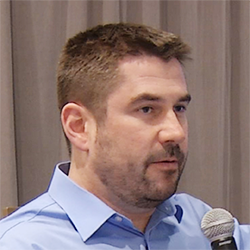
Wolfgang Singer, MD
Associate Professor of Neurology
Mayo Clinic Rochester, MN


